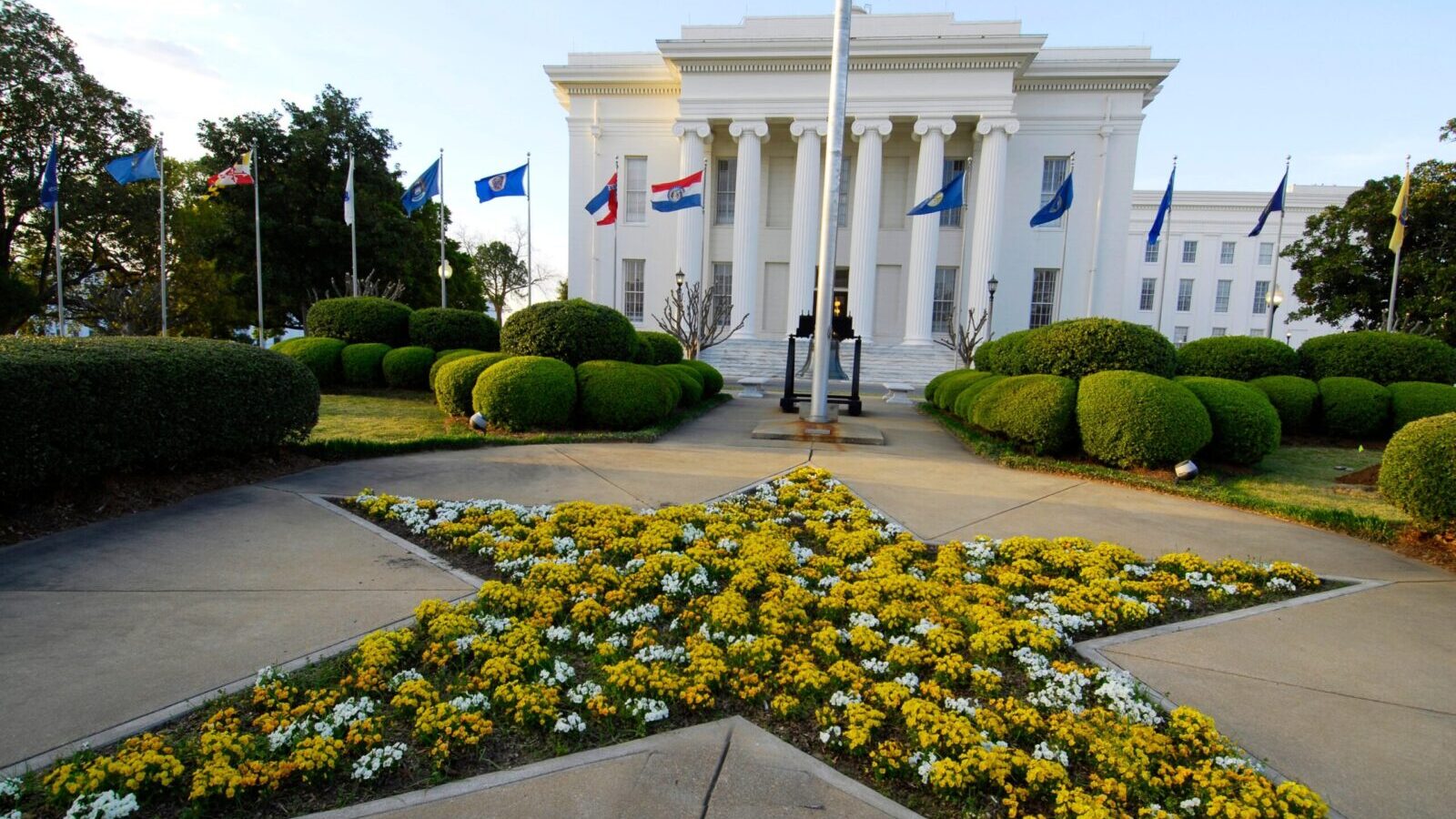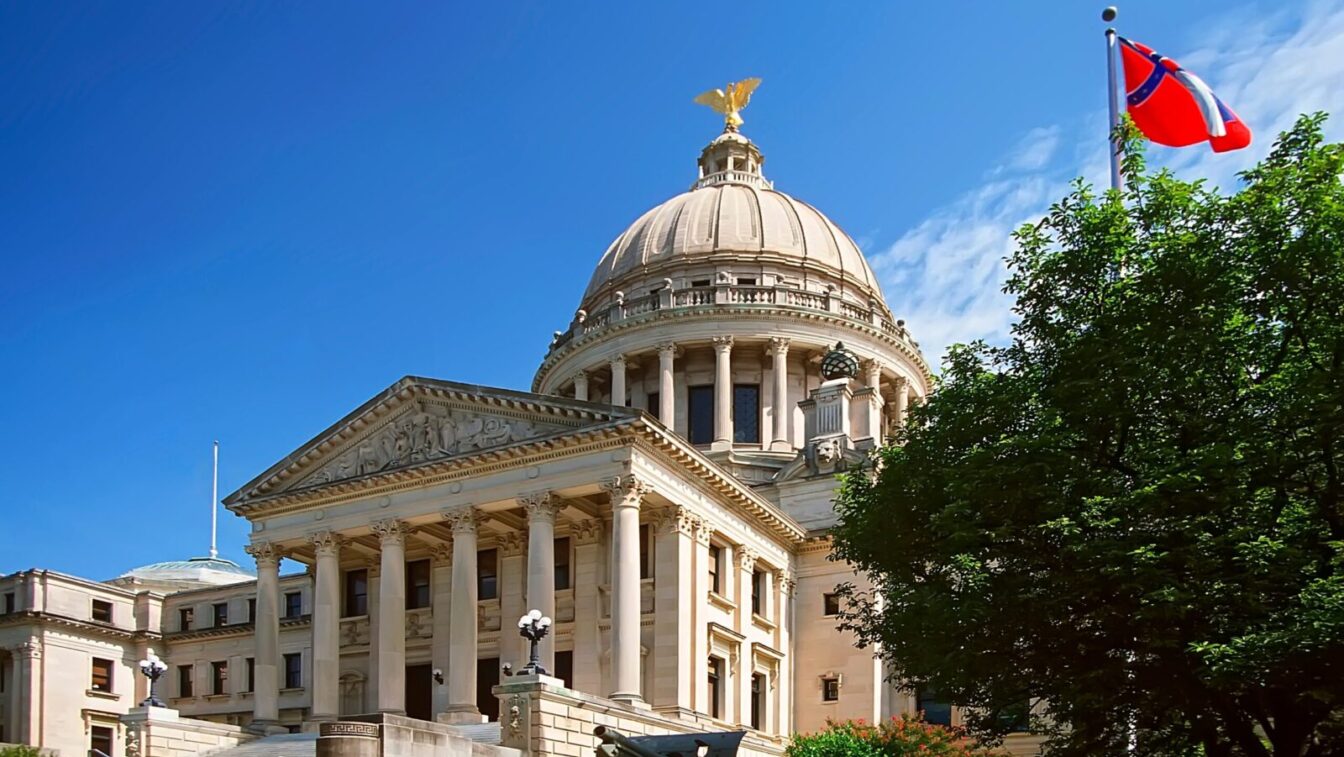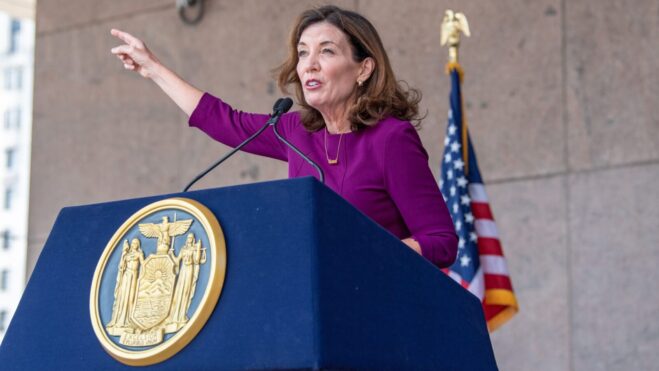Alabama Sports Betting Bill Filed In House, State Senator Details Plans
Lawmakers hoping a standalone bill with NIL oversight will create a path to legalization
1 min

After coming up one vote short last year to legalize mobile sports betting, Alabama lawmakers in the House of Representatives appear poised to make a late go of it in 2025.
Rep. Jeremy Gray filed HB 490 on Tuesday, trying once more to legalize sports wagering. There is some surprise that the path to legalization is originating in the lower chamber, given the House and Senate were at odds last year following a series of amendments by the Senate. There were disagreements over the types of gambling offered beyond sports betting as well as revenue distribution from those verticals.
In fact, Sen. Greg Albritton, who had been trying to garner votes for what he called a “trimmed-down measure” of last year’s bill, confirmed to the Alabama Reflector there will not be a bill originating from the Senate because he did not have the 21 votes needed to ensure passage in the 34-person body as a constitutional amendment.
What’s in Gray’s bill
Gray’s bill, which was referred to the Economic Development and Tourism Committee, calls for the creation of the Alabama Gaming Commission as the regulatory body to oversee sports wagering. It would also create an NIL Oversight Committee to regulate the disbursal of funds to compensate college players for Name, Image, and Likeness — something vital to the potential ongoing success of football and basketball programs for the University of Alabama and Auburn University in the ultra-competitive Southeastern Conference.
The initial appointments to the Alabama Gaming Commission would be made no later than Jan. 1, with the first meeting of the nine-member commission to be held no later than Feb. 1. The commission would also be tasked with deciding the amount for an operator license fee as well as establishing a minimum or maximum number of online sports betting licenses to be awarded.
Gray’s bill sets the tax rate at 10% of adjusted gross revenue, though a licensee would not remit payment until “within 20 days after the end of each quarter of a fiscal year.” Operators would be permitted to carry over losses accrued in subsequent quarters until a zero balance is achieved.
Tax receipts will be distributed in three parts: 40% to the state General Fund, 40% to the Education Trust Fund, and the remaining 20% to the NIL Trust Fund.
A look at Albritton’s plan
Albritton’s legislation would have gone well beyond sports wagering with the addition of a state lottery, historical horse racing, pari-mutuel betting, and electronic bingo. As with Gray’s bill, there would have been an Alabama Gaming Commission to oversee regulatory activity. There also would have been a Gaming Enforcement Division to police gaming.
The senator’s bill would have established a 24% tax rate on revenue generated from all forms of wagering, plus an additional 1% or 2% on all sports wagers made depending on the size of the bet.
Currently, Tennessee is the only state with commercial sports betting that places a tax on wagers in addition to the 0.25% federal excise tax on handle generated, with a 1.85% levy on gross handle.






